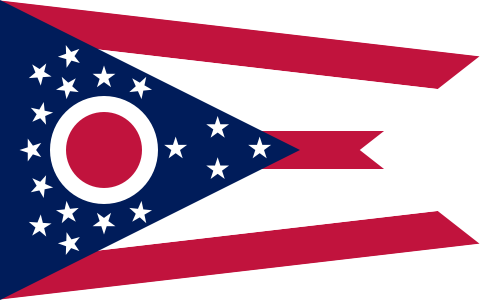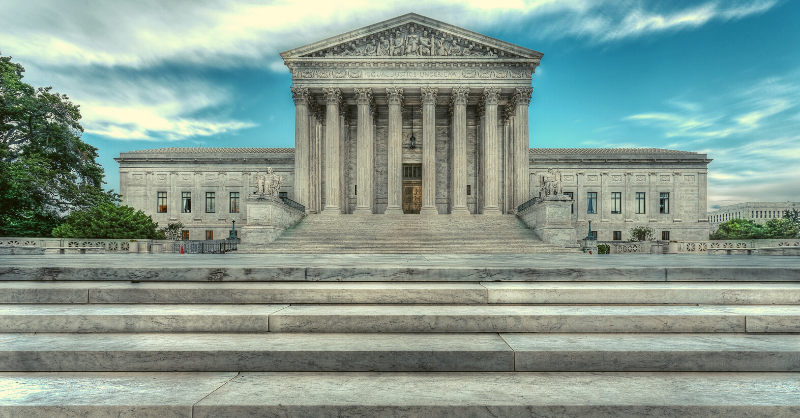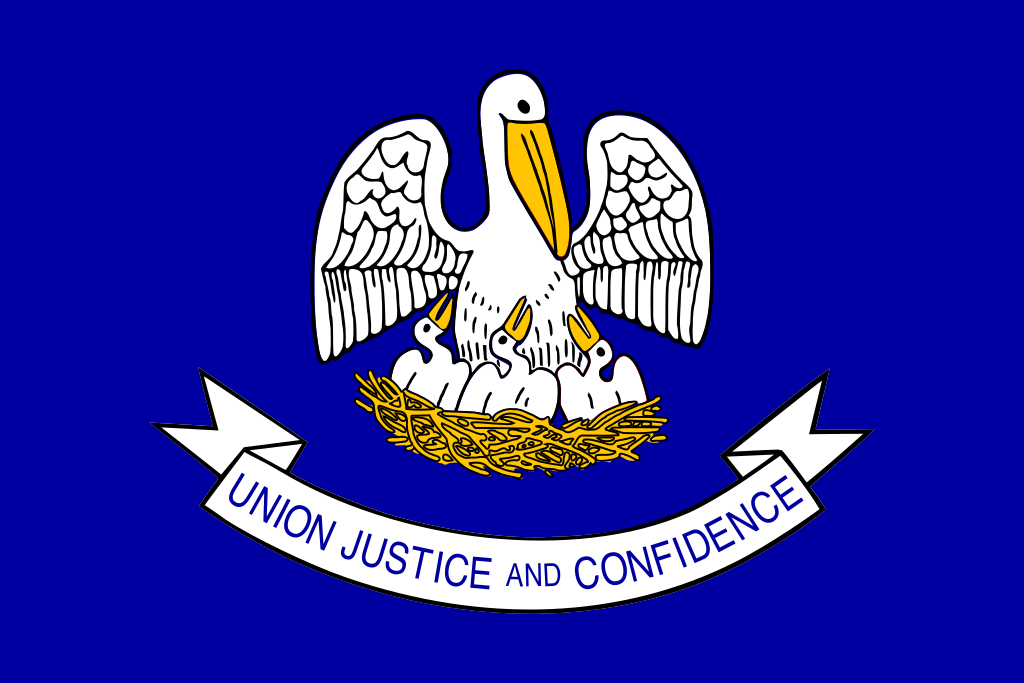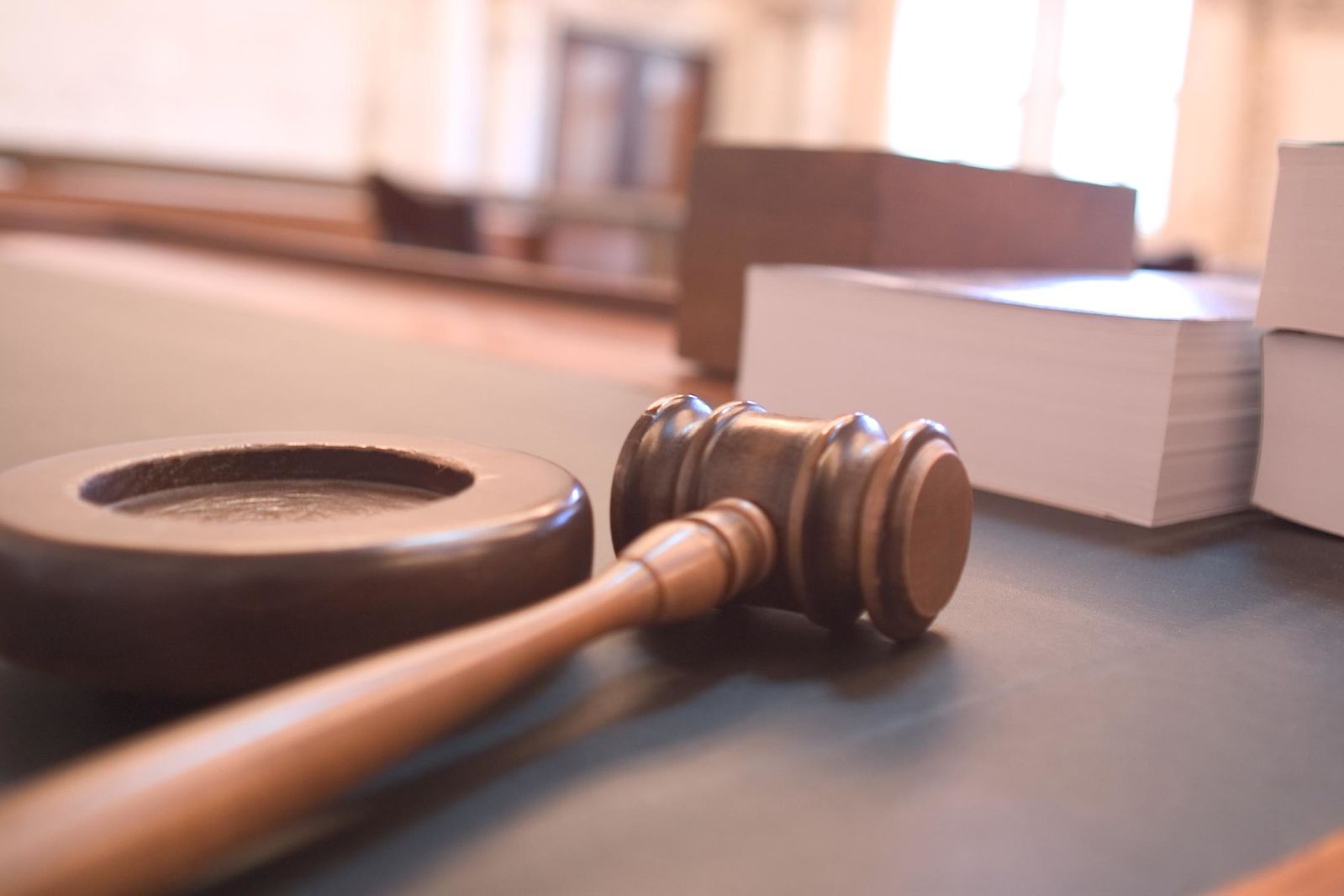Tag: Supreme Court
-
Chevron deference overturned one year ago today

The U.S. Supreme Court’s June 28, 2024, decision in Loper Bright Enterprises v. Raimondo (consolidated with Relentless, Inc. v. Department of Commerce) eliminated Chevron deference. In a 6–3 ruling, the Court held that judges must independently interpret ambiguous federal statutes rather than defer to agency interpretations. The majority wrote that such deference violated the judiciary’s…
-
Political speech or governmental mechanics: Ohio case asks if ballot summary reviews regulate speech or lawmaking

The U.S. Supreme Court declined on April 22, 2025, to block a district court’s ruling that found that Ohio’s fair and truthful requirement for ballot initiative petitions violates the First Amendment. This law requires the Ohio Attorney General to determine whether submitted petition summaries are fair and truthful statements of the proposed law before advancing…
-
Supreme Court overturns Chevron deference

The U.S. Supreme Court decided 6-3 to overturn Chevron doctrine on June 28, holding that federal courts may not defer to an agency’s interpretation of an ambiguous statute. In two consolidated cases—Loper Bright Enterprises v. Raimondo and Relentless, Inc. v. Department of Commerce—the court ruled that the Administrative Procedure Act (APA) requires courts to rely…
-
SCOTUS dismisses case challenging FDA’s regulatory actions related to abortion pill

The U.S. Supreme Court on June 13, 2024, unanimously held in Food and Drug Administration v. Alliance for Hippocratic Medicine that the plaintiffs lacked standing to challenge the Food and Drug Administration’s (FDA) regulatory actions related to approved use conditions of mifepristone—a drug used in medication abortions. The FDA approved the drug mifepristone in 2000…
-
Supreme Court and FEC distinguish campaign finance regulations for ballot measures from candidate elections, including for foreign spending

Campaign finance rules for ballot measures differ from those for candidate elections. “Referenda are held on issues, not candidates for public office,” wrote the U.S. Supreme Court in 1978 (First National Bank of Boston v. Bellotti). The court has held that spending on ballot measure campaigns is similar to issue advocacy in the lawmaking process.…
-
SCOTUS hears oral argument in challenge to Chevron deference

The United States Supreme Court on January 17, 2024, heard oral argument in Loper Bright Enterprises v. Raimondo and Relentless, Inc. v. Department of Commerce—two consolidated cases challenging an agency’s interpretation of a federal fishery law that could affect future applications of Chevron deference by the federal courts. A coalition of commercial fishermen in Loper…
-
SCOTUS accepts 43 cases this term; 20 scheduled for argument so far

The Supreme Court of the United States (SCOTUS) accepted 43 cases for the 2023 term as of November 7, 2023. Of those cases, 20 have been scheduled for argument, and one case was dismissed. The Court has seven cases scheduled for its December sitting. Among these is McElrath v. Georgia, which concerns the double jeopardy…
-
State AGs: Social policies could violate the law following SCOTUS affirmative action ruling

Thirteen Republican state attorneys general sent a letter on July 13 to major corporations suggesting that certain social policies (the S in ESG) like making hiring or promotion decisions based on race might be illegal following the Supreme Court’s recent ruling on affirmative action. Ballotpedia tracks support for and opposition to the environmental, social, and…
-
U.S. Supreme Court lifts stay on district court ruling that overturned Louisiana’s congressional boundaries

The U.S. Supreme Court dismissed Louisiana Secretary of State Kyle Ardoin’s (R) appeal on June 26 of a federal district court ruling that held that Louisiana’s congressional district map should include an additional majority-minority district. The Supreme Court also lifted its 2022 stay of the federal court’s decision and allowed the case to proceed before…
-
Ballotpedia identifies 17 noteworthy Supreme Court cases regarding redistricting from 1946 to 2023

Ballotpedia has identified 17 noteworthy redistricting cases that the Supreme Court has heard since 1946, and the court issued two such rulings this month. In a 5-4 decision in Allen v. Milligan on June 8, SCOTUS affirmed the judgment of the United States District Court for the Northern District of Alabama that the state’s congressional…

